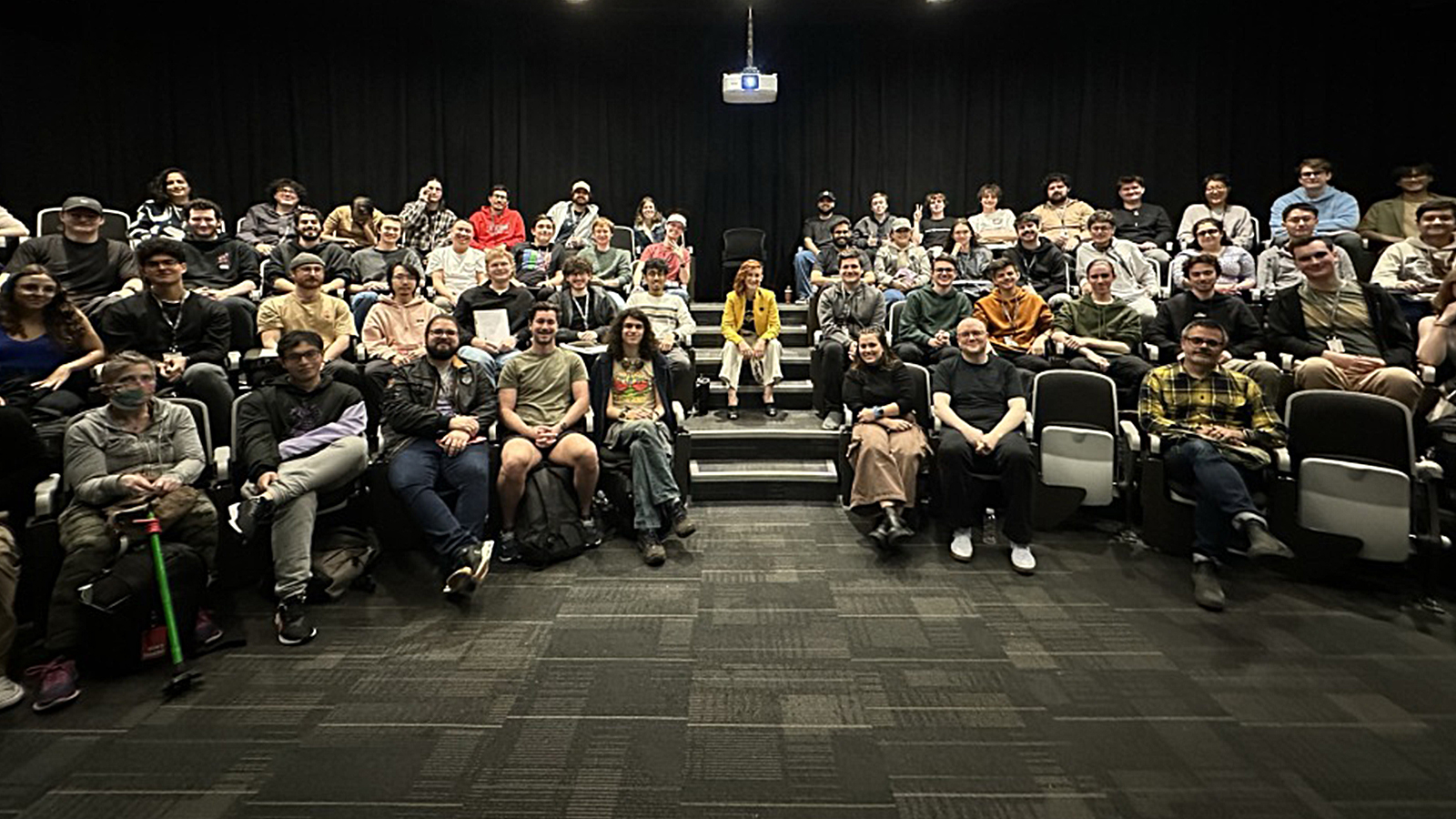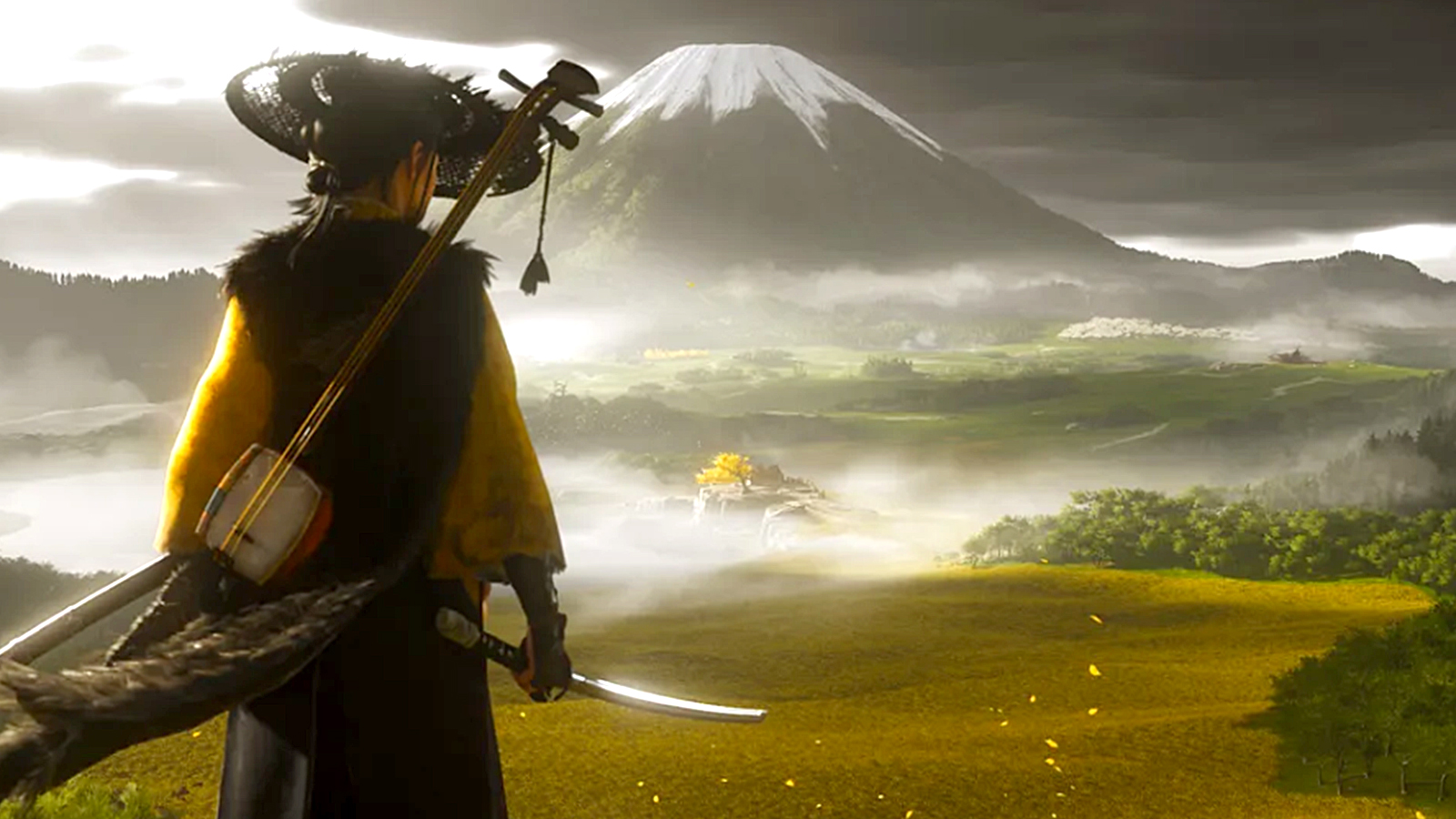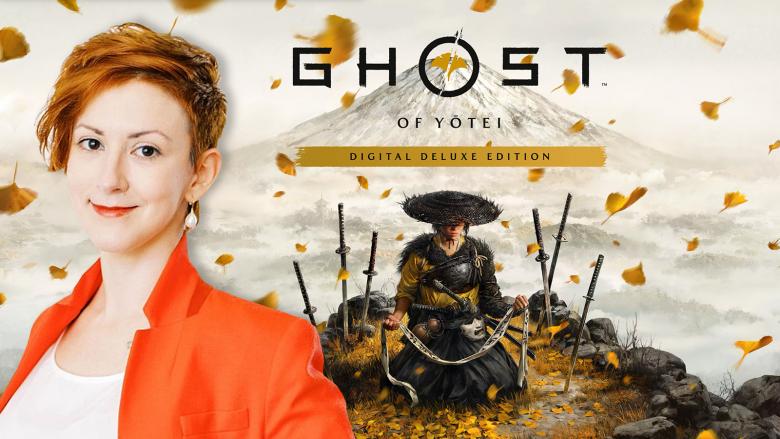Key Takeaways
- Writer Ariadna Martinez leveraged her Vancouver Film School training to help craft the rich storytelling and authentic character arcs in Ghost of Yōtei.
- As Senior Writer, she played a pivotal role in fleshing out the themes of loss, identity, and vengeance that drive the game’s narrative and player experience.
- Her dual role as industry professional and VFS instructor provides unique insights into both the writing process for AAA games and the training needed for emerging game writers.
It’s safe to say that the battle for ‘Game of the Year’ at The Game Awards this December is going to be an all-out blood bath. From 2024 latecomer Indiana Jones and the Great Circle to Clair Obscur: Expedition 33, Hollow Knight: Silksong, and sleeper hits like Blue Prince, the “Oscars of gaming” has never been more competitive. To make the race even tighter, Sony Interactive Entertainment’s Ghost of Yōtei has emerged as yet another contender. Nominated in last year’s ‘Most Anticipated Game’ category, the game has lived up to its hype – receiving 10s across the board for its gameplay, stunning visuals, and rich narrative storytelling.
Responsible, in part, for the latter is Ariadna Martinez – one of the game’s senior writers who also happens to be a Vancouver Film School Writing for Film, Television & Games alumni AND part-time instructor! As a Senior Staff Writer at Sucker Punch Productions, Ari primarily worked as a game narrative designer & writer for the game’s open world content, helping the team’s system and mission designers to organically introduce players to Ghost of Yōtei’s mechanics, progression systems, challenges, and beyond.
We had the pleasure of speaking with this accomplished VFS Writing alum about her VFS training, her role on the game, and what she’s most excited for gamers to experience in Ghost of Yōtei. Read the full Q&A below!
A JOURNEY OF EPIC PREPORTIONS
A standalone sequel to 2020’s Ghost of Tsushima, Ghost of Yōtei is an action-adventure game developed by Sucker Punch Productions. Set in 1603 (300 years after Tsushima) players embark on a journey with Atsu – a mercenary on a quest for vengeance as she hunts down members of the Yōtei Six, responsible for slaughtering her family and destroying her home.
Central to the story are themes of loss, revenge, and identity, along with what the pursuit of vengeance truly costs us. Set in Ezo (now known as Hokkaidō), the game draws heavily on the natural beauty of northern Japan, inspired by research trips made by Sucker Punch to Japan, including Shiretoko National Park, and consultations with cultural advisors.
A CRITICAL SUCCESS
Barely two weeks into its release, Ghost of Yōtei has already received rave reviews, landing an 89% rating on OpenCritic and 87% on Metacritic. Praised widely for its visuals, environments, and atmosphere, along with its combat system and abundance of side quests, fans largely agree that the game is an improvement on its predecessor.
Hailed “a monumental open world graphics powerhouse” by GameRant, “a generational masterpiece” by Toisto, and “a vast, sprawling adventure with one of the greatest protagonists in gaming” by GamesRadar+, the game is drowning in a sea of 10/10s from the industry’s most reputable gaming publications.
 On October 7, Ariadna joined current VFS Writing students for a discussion on her role as an industry writer, followed by some gaming!
On October 7, Ariadna joined current VFS Writing students for a discussion on her role as an industry writer, followed by some gaming!OUR Q&A WITH SENIOR WRITER ARIADNA MARTINEZ
VFS Writing alum Ariadna Martinez sat down with us to discuss her major role in shaping Ghost of Yōtei’s unforgettable narrative design and how her own journey started at Vancouver Film School:
How did you land your role on Ghost of Yōtei?
As is the case with many of us in this industry, I simply applied! For those unfamiliar with the process, most applications require a writing/narrative design sample to showcase your skill, usually followed by a writing/design test and finally a string of interviews with the team.
Having worked on previous AAA games and companies like Capcom and Guerrilla, I knew what I had to bring to the table was a solid understanding of not just storytelling and writing, but narrative design. Luckily, the team at Sucker Punch seemed to agree.
Sucker Punch’s approach to development, design and people has been a reminder of why I fell in love with this industry in the first place. Every developer I’ve worked with here has had but one goal throughout the entire project: to make the best game possible for players. It’s never easy to make a game, but it is easy to make a game you are proud of with a team like this one.
What are you most excited for gamers to experience with this game? Is there a moment that stands out to you most?
My goal was to ensure every interaction out in the open world felt as valuable, fun and engaging as a main mission. So, while our main story is incredible, it’s been very satisfying to see players spending hours in the open world only to realize they’ve barely progressed the main plot. It’s a great “got ‘em!” moment for me, seeing how many departments put so much effort into creating the open world experience you see in game today.
There are way too many things I’ve had a hand in across the open world that I love, but if I had to choose a few (brace for spoilers), the Wolf Dens where you increase your bond with the wandering Wolf were a definite highlight, and I will never get tired of seeing players react to them.
I also hold a special place in my heart for the Master of the Shamisen mission which in many ways is a love letter to my own mother who passed away four years ago.
Lastly, I’d say creating all the Ainu content within our game with my incredible mission designer counterpart, Bob Alsman, and the systems genius of Cindy Miller, is a particular point of pride for me. We worked extremely closely with our Ainu advisors to ensure players had some real insight into the indigenous people of ainu mosir (Ezo, later Hokkaido) and I hope players learn as much from their cultural perspective as I did.
Can you describe your VFS student experience? How pivotal was the Writing program for your career?
I came to VFS as an international student back in 2014. Having previously worked in the film industry in Argentina, I was looking to further my experience by creating a writing portfolio with the help of working professionals, and I was not disappointed.
At the time, the Writing program did not even have a game writing stream, and yet the lessons I learned from instructors still echo in my head anytime I sit down to write. In fact, my first shot at a job in games happened thanks to one of my instructors, John Meadows, who was crazy enough to believe I had what it took to enter the AAA space.
 Ghost of Yōtei is being praised for its gameplay, breathtaking visuals, and emotionally charged storytelling.
Ghost of Yōtei is being praised for its gameplay, breathtaking visuals, and emotionally charged storytelling.We’re so fortunate to have you as a games writing instructor. How has your experience impacted your teaching methodology?
My approach has been to treat each class as if I were leading juniors in a studio setting. I strive to be the brick wall they can crash against, the safe space they can make mistakes in and grow in, and the reality check of what they will find once they leave my classroom.
Teaching part-time at VFS is the best way I have found as a working professional to mentor a new generation of writers/narrative designers that can understand and service the actual needs of narrative and design teams in an industry that constantly evolves and shifts.
There is too much nebulous information out there on what ‘game writing’ actually entails, too many juniors who struggle to break in because they simply lack the knowledge of what teams are looking for and therefore can never work towards achieving that in their own samples.
My goal is to mitigate that gap where I can.
What’s next for you? Any exciting projects on the horizon?
While I can’t speak to my work here at Sucker Punch, I can confidently say that most of my time for the foreseeable future will be spent watching friends, family and fans enjoy this labor of love we’ve released into the world (as well as waiting to see if anyone finds my Horizon Forbidden West easter eggs!).
What’s the most important lesson(s) you’ve learned throughout your career? Any advice for aspiring writers?
Be a good writer first. Good storytelling does not change across industries. What does change, are the tools available to you to tell a story. Learn the craft, know the tools, and no industry is closed to you.
Following that, understand that you cannot be a ‘game writer’ without being a narrative designer. You have to be able to convey narrative through gameplay, and that is just the start. Acquiring a good design foundation, knowing how to collaborate with other writers and designers, understanding design needs and how narrative can help achieve those goals and bring a player fantasy to life, that is what keeps the job interesting and what keeps you in the game.
HOW TO BECOME A GAME WRITER
If you’re looking to embark on your own heroic journey, Vancouver Film School’s Writing for Film, Television & Games program prepares writers for AAA studios like Sucker Punch Productions in just 1 short year. Through VFS’s unparalleled hands-on training and emphasis on portfolio-building, our Writing students graduate ready to conquer the entertainment and game industries! Book your appointment with our Admissions Advisors to get started.
Read about other Vancouver Film School alumni successes from our Writing program, including Tyler Burton Smith as a Senior Writer on Alan Wake 2 and alumni credits on Compulsion Games’ South of Midnight.
